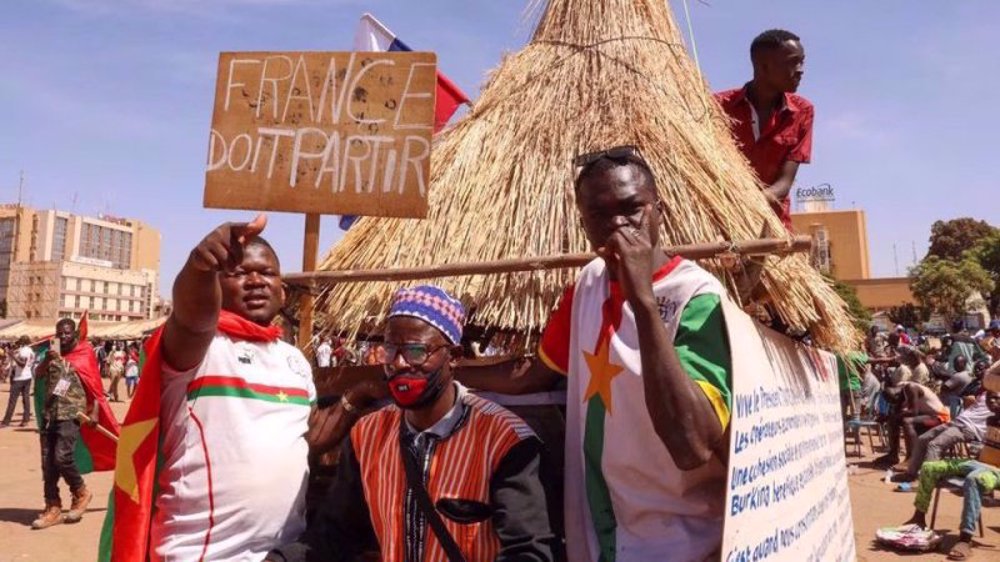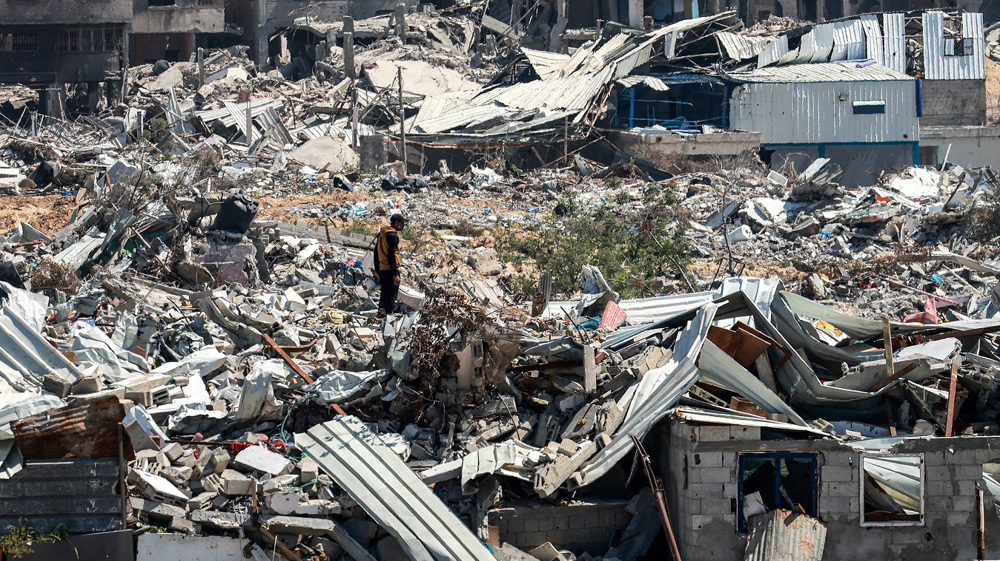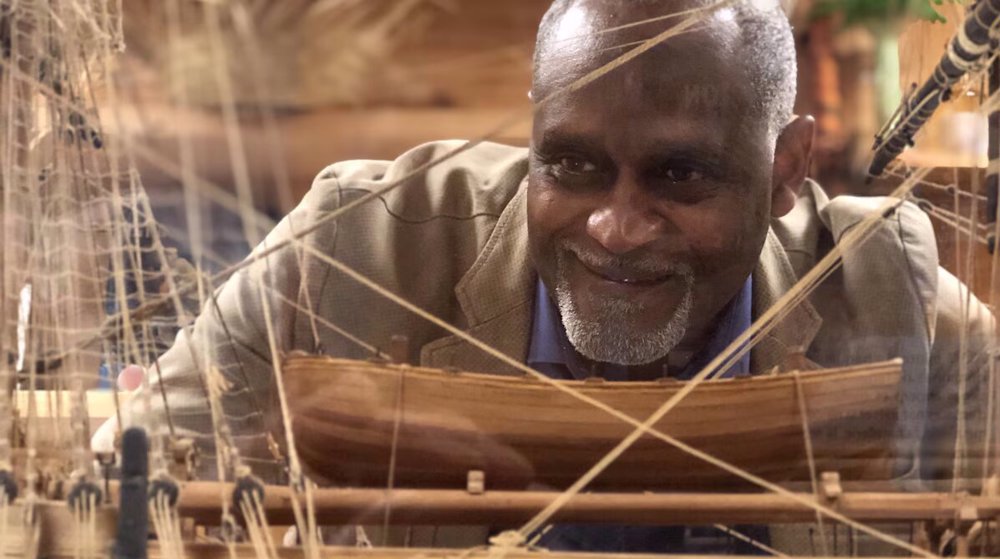Ethiopia limits diplomats' movements, media access
Just over a week after declaring a state of emergency, Ethiopia’s government has introduced a new set of restrictions.
The government declared the six-month state of emergency eight days ago in response to an unprecedented wave of unrest which has left hundreds dead.
The new restrictions published in local media on Sunday include a 50-kilometer "red zone" along the country's borders in which it is illegal to carry firearms, as well as a 40-kilometer perimeter around the capital Addis Ababa, where foreign diplomats are forbidden from traveling. The reason for the latter has been given as ensuring the diplomats' “own security."
"This is a state of emergency and we expect repressive measures," a Western diplomat, speaking on condition of anonymity,
said on Monday in response to the imposed restrictions. "But we also expect an opening of the political space for the opposition as stated by the president in front of the parliament. This is not what seems to be happening."
Prime Minister Hailemariam Desalegn promised last week to reform the electoral system and "open up political space."
As part of the new restrictions, political parties are banned from giving press statements, and religious leaders are forbidden from making political statements.
Security forces are banned from going on holiday or resigning.
The measures also make it illegal to watch TV stations set up by the diaspora.
The new restrictions come as cellphone and internet access has been cut off for almost three weeks in most parts of the country, including the capital.
The violence, which first began in November 2015, threatens Ethiopia's reputation as an oasis of political stability.
The opposition sees as authoritarian the rule by the minority Tigrayans, who hold power over politics and economy. Oromo and Amhara communities, which together make up 60 percent of the population, claim to be marginalized by a government largely made up of Tigrayans.
The latest surge in violence came after police fired tear gas at protesters attending an Oromo religious festival on October 2, sparking panic in a massive crowd and triggering a stampede that left over 50 dead. International rights groups estimate the government crackdown has left more than 500 people dead.
'Stop any further Israeli adventurism,' Iran FM tells Security Council
Google fires 28 employees for protesting military deal with Israel
Burkina Faso expels three French diplomats over ‘subversive activities’
Iran slams G7 statement, vows no iota of doubt to respond to aggression
German authorities arrest Jewish activist over pro-Palestinian demos
Far-right Israeli minister calls for execution of Palestinian prisoners
VIDEO | Time to halt military operations in besieged Gaza: Italy
President Raeisi: Iran to make Israel rue 'slightest attack'















 This makes it easy to access the Press TV website
This makes it easy to access the Press TV website